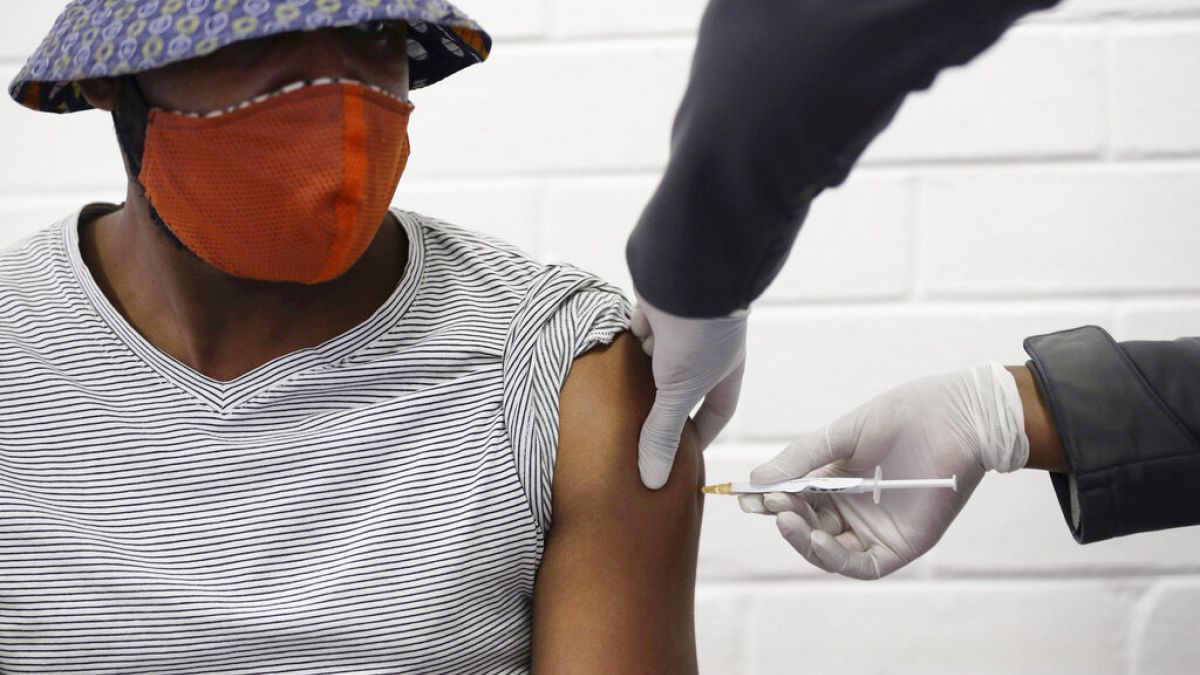Concern among doctors is growing over the spread of misinformation about vaccines on social media platforms.
As the world races to find a vaccine to prevent COVID-19, health officials in the UK are concerned that misinformation about vaccines is spreading.
A recent YouGov survey found that nearly one in six British people would refuse a coronavirus vaccine if one was made available, with a further sixth saying they weren't sure whether they would accept.
A study, led by the Centre for Countering Digital Hate, recently revealed that people who get their information from social media are more likely to be hesitant about getting a vaccine.
The CEO of the organisation, Imran Ahmed, told Euronews that most people who were vaccine hesitant tended to get their information from social media as opposed to traditional outlets.
He says that's because "misinformation flows unabated on social media platforms".
Researchers also found that the algorithms used by social media platforms promote divisive content.
Ahmed told Euronews this compounds problems for the UK's national health service.
"The NHS and other public health bodies are finding themselves fighting a losing battle against content that is salacious, exciting but ultimately very dangerous."
For frontline medical workers, distrust of vaccines is not a new phenomenon. Still, doctors say it's becoming increasingly common for them to have to educate patients about the dangers of using the internet for health advice.
Philippa Kaye, a General Practitioner in London, says that they have been dealing with vaccine hesitancy for a while.
"I think it started particularly around the MMR scandal which has been disproved widely over and over again, but people are understandably anxious about injecting themselves or their children with something," she told Euronews.
Doctors say that the mistruths about vaccines are so pervasive because those who spread them are subtly including facts among the inaccuracies.
"So they've taken a grain of truth, which is why it feels true, and then they've run with it and made something which is not correct," Dr Kaye told Euronews.
She advises patients to get their information from somewhere like the NHS website or ask their GP so they know that what they're getting is correct so they can then make informed choices.
The World Health Organisation has said it is hopeful a vaccine could help prevent people from becoming infected with COVID-19. But until scientists find one, the best defence against the disease remains social distancing, mask-wearing and frequent handwashing.
